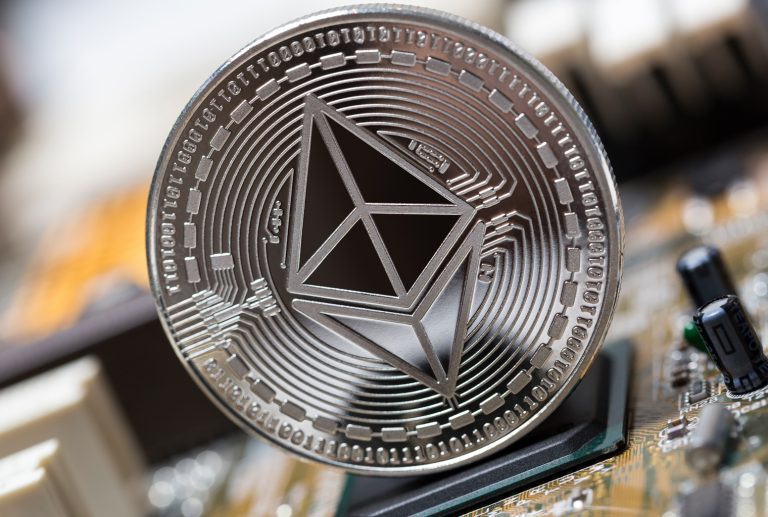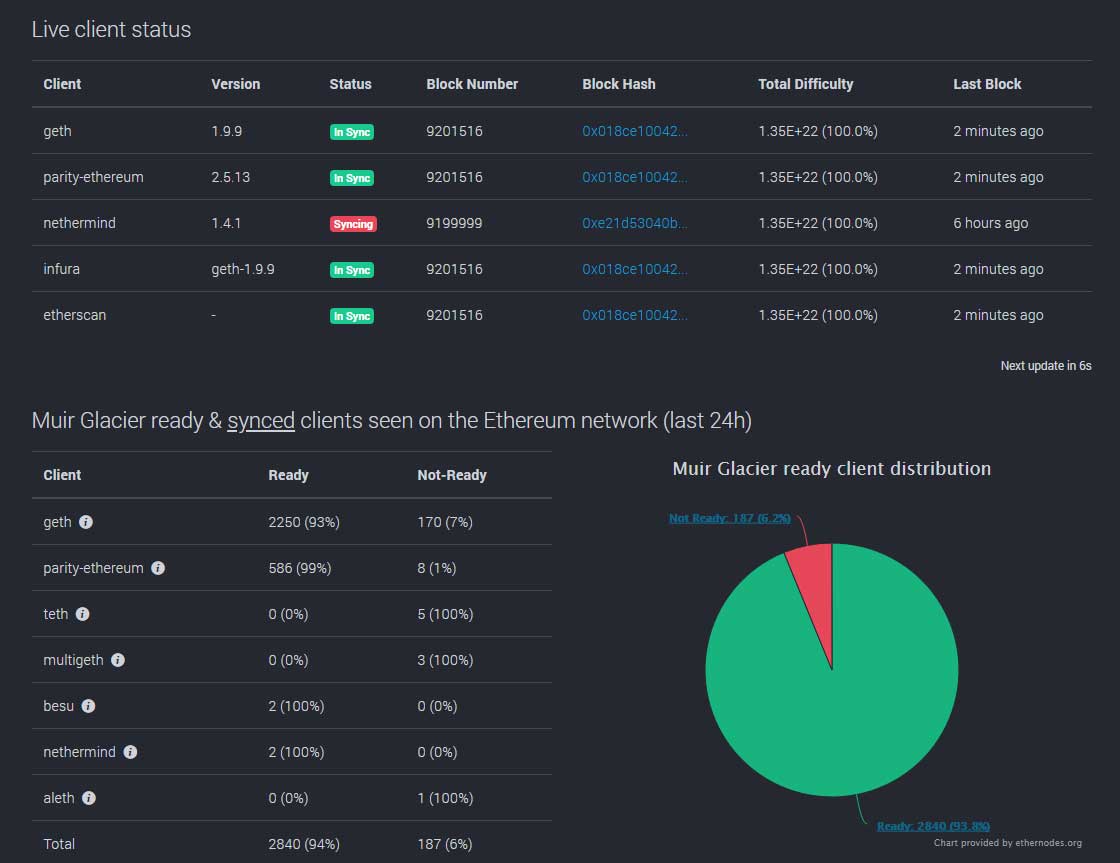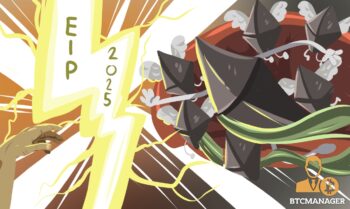2020-6-12 07:33 |
Ethereum developers are considering a proposal that would improve transaction fees and help solve network congestion. That proposal, EIP-1559, has been under discussion since April 2019 and has the potential to drastically change how fees work on Ethereum.
How It WorksRight now, the Ethereum network sets fees by “first price auctions.” Every user that makes a transaction states a gas price that they are willing to pay. Users that pay the highest fees are generally approved first. (Gas limits, another parameter, also come into play).
As EIP-1559’s documentation notes, the current system is “inefficient and needlessly costly to users.” By contrast, EIP-1559 would let users know how much they need to spend on fees. That amount would be automatically calculated and adjusted based on overall network demand.
Under EIP-1559, users would pay a “base fee” and a premium fee, thereby defining the maximum fee that they are willing to pay. This can also be seen as paying a “tip” to miners. Base fees would be “burned,” and miners would only keep the tip. Finally, the new standard would require fees to be paid in ETH tokens, not ERC-20 tokens or Ethereum-based altcoins.
The Bigger PictureIf EIP-1559 is successful, it could provide a better user experience and prove that Ethereum can scale up along with demand.
Eric Conner of Gnosis suggests that the change could reduce fees by 90% and that it should be “seriously considered” in future upgrades.
David Hoffman of RealT and POV Crypto argues that the feature is a vital part of Ethereum’s monetary policy, “comparable to a nation-state demanding that only their native currency be legal tender.”
On the other hand, EIP-1559 has been criticized on several fronts. It could open up the possibility of fee manipulation among miners, could have unwanted effects on miner incentives, or could be incompatible with Ethereum’s broader economics and rules.
The solutions to these problems are beyond the scope of this article, but responses to these questions are outlined in the proposal.
Ethereum’s Congestion IssuesSolving congestion is a critical task for Ethereum. Since March, the blockchain has been congested, first due to high-traffic NFT projects like Crypto Kitties and more recently due to Tether and the Ponzi scheme MMM.
EIP-1559 is just one of many changes that could improve Ethereum’s efficiency and help it scale up with demand. Other solutions include metatransactions, secondary fuel sources, changes to block size limits, and changes to gas limits.
Ethereum 2.0, which will introduce sharding and proof-of-stake validation, will also improve the blockchain’s efficiency. It is not yet clear when EIP-1559 will be enabled, but it has the potential to be one part of a larger solution.
The post This Proposal Could Solve Ethereum’s Congestion Problem appeared first on Crypto Briefing.
origin »Bitcoin price in Telegram @btc_price_every_hour
SOLVE (SOLVE) на Currencies.ru
|
|














